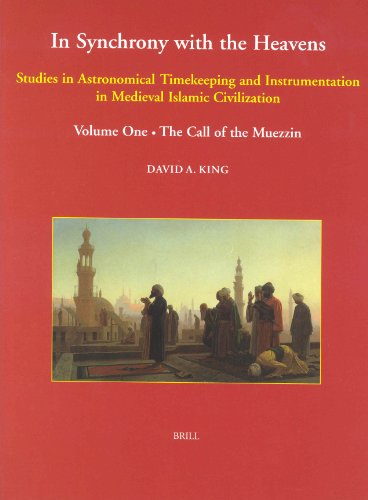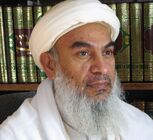Book Review: David King: In Synchrony with the Heavens, Studies in Astronomical Timekeeping and Instrumentation in Medieval Islamic CivilizationAmong the contemporary historians of Islamic science, David King is known for his meticulous research as well as for his unique style of presentation. One of the most important aspects of King's approach to history of Islamic astronomy is his "firm opinion that the history of Islamic astronomy merits study for its own sake, as part of the history of Islamic civilisation generally" (vol. 1, ix, emphasis added). As compared to so many works on the history of Islamic science, which tend to treat it as no more than a conduit for transmission of Greek science to Europe, King and a few other historians of science have successfully laid the foundation for a new approach to the subject which is gaining center-stage. Even within this select group, however, what makes King's work unique is his interest in the broader history of Islamic civilization--an interest which makes its presence felt in many ways in the two volumes under review.
|
|
© Center for Islamic Sciences. All Rights Reserved.
Designed and Developed by Crescent Marketing Solutions |


